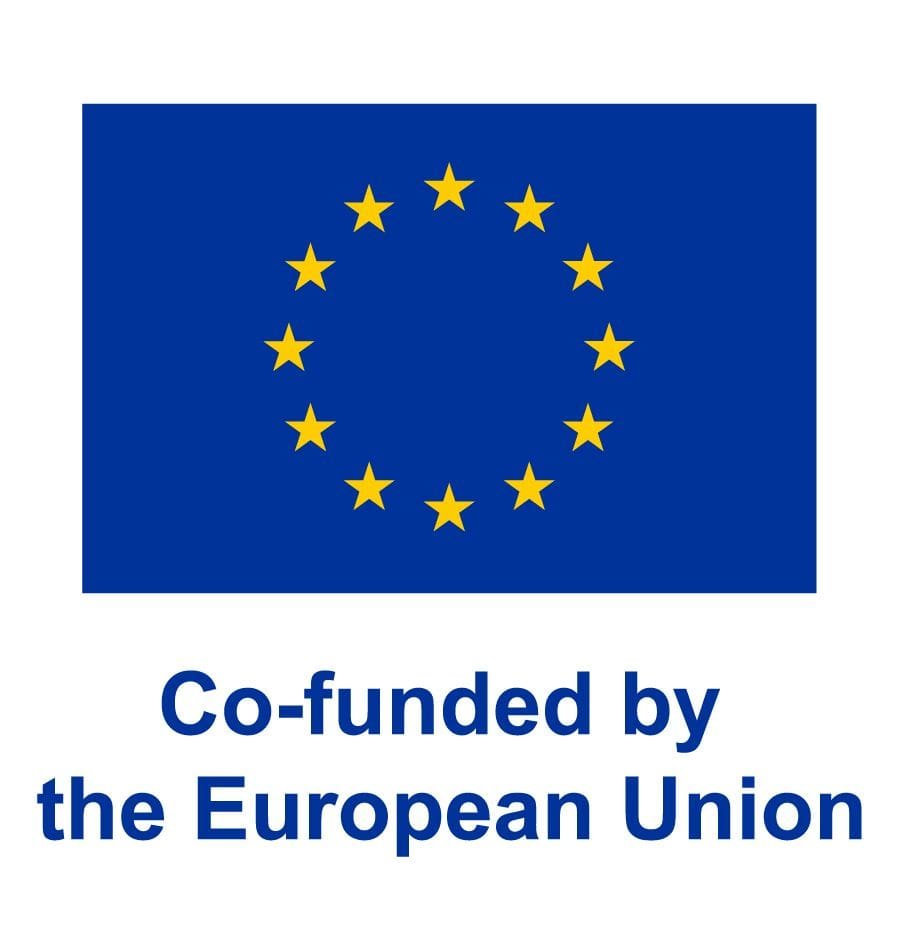Keywords:
Ecocentrism; Regime of Exceptions; International Economic Law.
Abstract
This article intends to carry out an analysis that concerns the dynamics whit which International Economic Law, based on some provisions contained in its own regime, intends to exclude obligations that have been interpreted from other perspectives and that have been interpreted from other perspectives and that, over time, have gained prominence in international law discussion forums. The specific cases are limited to those settled in the WTO Dispute Settlement Body and the ICSID Appellate Body, all in relation to the interpretation generated in other systems from an alternative perspective and that may have a final impact for Europe, to finally seek a precedent-setting relationship such as the ICJ Whaling Convention (Australia v. Japan). It will seek to define from the CILT, the spirit whit which the exceptions contained in Article XX of the GATT emerged., which allows us to see an approach to the ecocentric approach that prevails today in a part of the world and that will soon be the dominant paradigm.


